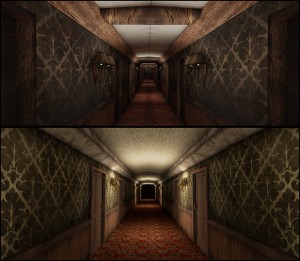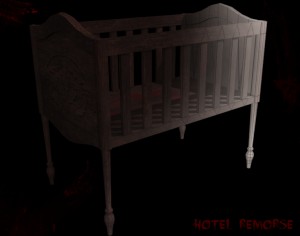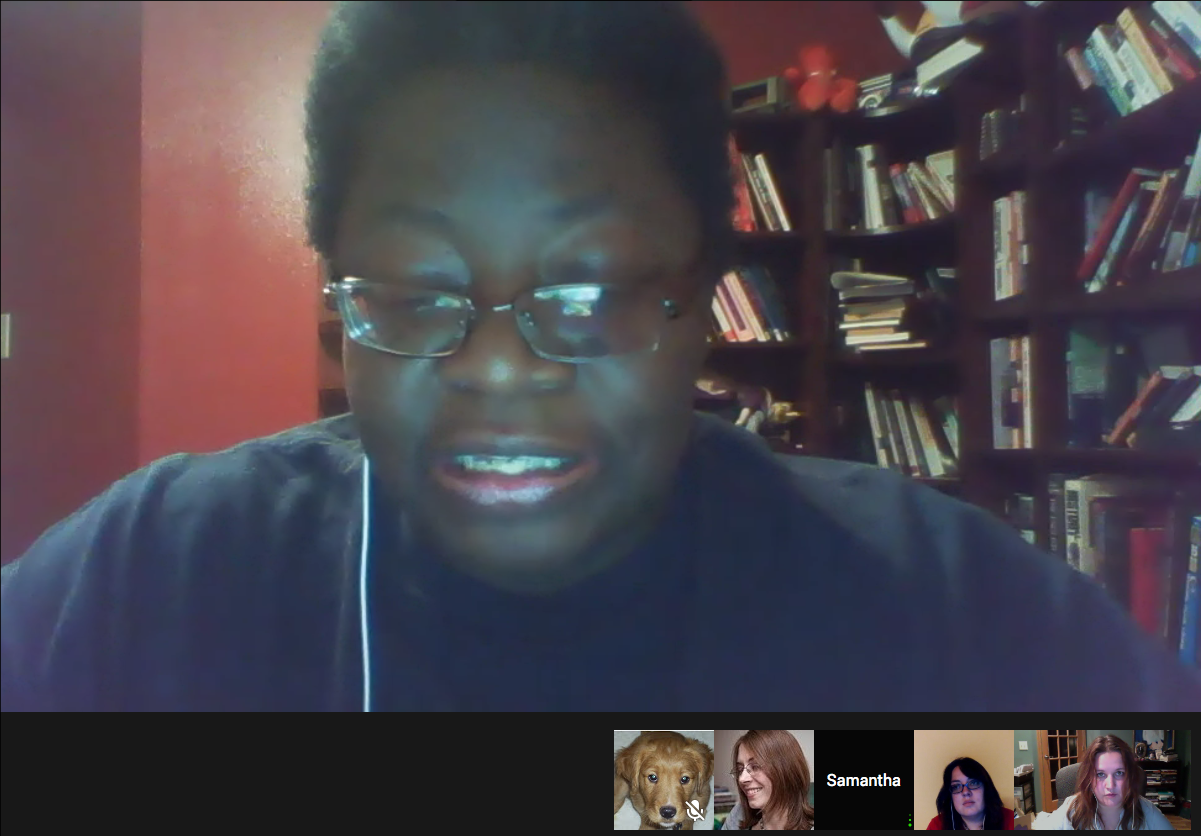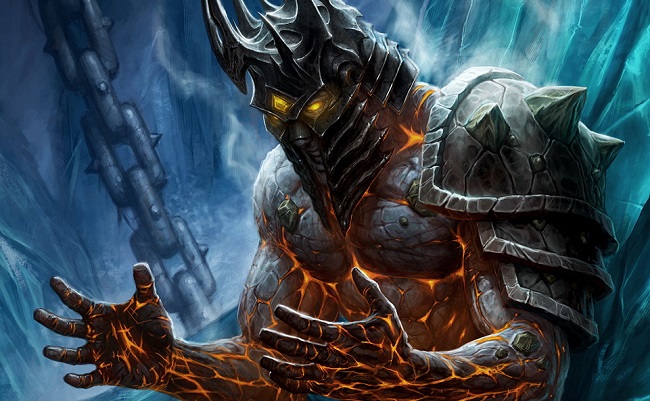You’re the lone occupant in a desolate hotel reminiscent of the Overlook Hotel, the haunted building in Stephen King’s The Shining. The corridors appear to stretch on forever and ever, growing longer with each and every step. Is it a trick of the mind? Your stomach plummets as a winged figure zooms at you from down the hall, shattering the lamps on the walls. Unable to open doors leading to different rooms, you’re forced to run in a singular direction. The elevator opens like a mouth at the end of the hall. Do you dare enter it?
 I recently played the game Hotel Remorse, an ambitious college project (currently available for free on Game Jolt) by Charlie Behan that turned out to be so much more. What immediately struck me about this game was its unique setting. Whether I’m losing myself in Stephen King’s fictional hotel or riding The Tower of Terror, it’s safe to say that I love stories that take place in hotels. Though old fashioned hotels are a common setting in horror movies, there isn’t an overwhelming abundance of horror games set in hotels. Why are hotels so damn scary? Aren’t they supposed to be a space that’s both inviting and comfortable?
I recently played the game Hotel Remorse, an ambitious college project (currently available for free on Game Jolt) by Charlie Behan that turned out to be so much more. What immediately struck me about this game was its unique setting. Whether I’m losing myself in Stephen King’s fictional hotel or riding The Tower of Terror, it’s safe to say that I love stories that take place in hotels. Though old fashioned hotels are a common setting in horror movies, there isn’t an overwhelming abundance of horror games set in hotels. Why are hotels so damn scary? Aren’t they supposed to be a space that’s both inviting and comfortable?
The inescapability of the corridors, which feel and look endless, intensify the scare factor in Hotel Remorse. I can’t escape by slipping into adjacent rooms because almost every door is locked, which means I’m forced to walk the length of the corridor and encounter whatever it is I’m supposed to encounter at the end. The long hallways also build a sense of dread and paranoia whenever the player has to round a corner because it’s impossible to see what awaits on the other side. The game does a fine job instilling extreme apprehension by providing plenty of jump scares on top of a spooky environment.
The game continues to toy with the player’s fear of the unknown by showing mere glimpses of the predatory antagonist. The winged figure is a statuesque monster that resembles a weeping angel, which is terrifying in itself. It’s hard to make out the angel’s facial details because the creature never gets physically close to the player. The monster will dart at the player from down the hall but it doesn’t allow the player a good look. The angel is more of an object than anything but it’s still scary in that it causes panic and forces the player to run away.
 Similar to the way in which landscapes are characterized, the hotel is something of a character in itself. There’s one instance in which the walls close in on the player and it’s terrifically panic inducing. The hotel is a hostile character in that it’s a suffocating, unsafe place. This suffocation clashes with the idea of the hotel as a welcoming, safe space where people go to unwind. There’s also an element of old school glamor when it comes to luxury hotels, which this particular hotel seems to lack with its dull color scheme and piercing silence. This hotel is a character that’s melancholic and unhinged or unpredictable. The player is never certain when or how the hotel is going to turn on them.
Similar to the way in which landscapes are characterized, the hotel is something of a character in itself. There’s one instance in which the walls close in on the player and it’s terrifically panic inducing. The hotel is a hostile character in that it’s a suffocating, unsafe place. This suffocation clashes with the idea of the hotel as a welcoming, safe space where people go to unwind. There’s also an element of old school glamor when it comes to luxury hotels, which this particular hotel seems to lack with its dull color scheme and piercing silence. This hotel is a character that’s melancholic and unhinged or unpredictable. The player is never certain when or how the hotel is going to turn on them.
The short length of the game limits the narrative but the presentation of the narrative is unique. The narrative unfolds with each and every note the player finds and reads. It’s similar to Dear Esther in that the player controls a character who’s succumbing to some kind of depression or spiraling madness. The narrative, though vague, suggests that the protagonist murdered his wife and is unable to care for his infant child. There’s a point in the game where an old fashioned crib comes sliding into view and inside the crib lies a bloodied note. The writing on the note implies that the protagonist has silenced his child. If the game had been longer, there would have more context in regards to the story or even the angel’s identity and what it represents. Is it the angel of death? Is it his wife?
It’s a fun game and I recommend it to those who enjoy narrative-heavy games like Dear Esther. Hotel Remorse displays a good balance between jump scares and narrative. Sometimes horror games have too many jump scares or not enough. For me, it’s important to draw attention to a compelling narrative because jump scares can be distracting. I’m looking forward to seeing more from Charlie Behan. Though the game itself is short, it’s difficult to deny the smooth game play and clean graphics.




